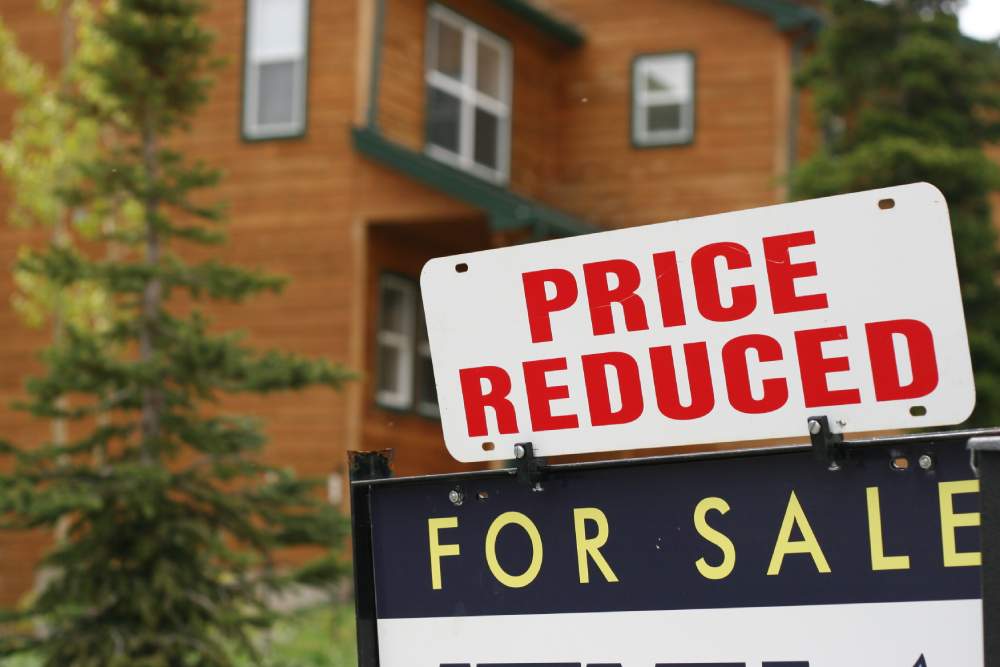Now we’ve looked at the overall process for buying a house, we’re going to look at why that process takes as long as it does, and also some tips to help you out.
We all now know it’s a long and stressful process, from finding the right home to actually moving in, but sometimes that’s not all. Things can happen throughout the process that can slow it down massively or cause the deal to fall apart.
As the one in the driving seat of the transaction, you have the potential to unknowingly slow the process down, and this can be caused in many different ways. Here are a few:
- Property Search – Obviously, don’t rush into a property for the sake of finding one unless it’s definitely the one for you. The longer the checklist you have, the longer the search will be until you find the perfect home. When you do find a property you like make sure you arrange viewings with your estate agent to make sure nothing is wrong with the house. If you do find something wrong further down the line, it could add time on.
- Making an offer – There is likely to be a lot of back and forth between you and the seller about the price unless you offer the asking price. Also, there could be other potential buyers involved and if their offer is accepted first, then it’s back to the start.
- Conveyancing – If your solicitor sends you something to do, such as signing documents, make sure you sign them and send them back as soon as you can. If you’re not sure what you’re supposed to be doing or not sure where you’re at with it all, just ask. It’s better to just ask rather than being sat there in the dark with it all. You’re not on your own and we are here to help.
Always make sure you plan ahead! Constantly check your emails (and spam folder…just in case) so you don’t miss anything. If you do all of this throughout the process then you know that you’ve done everything you can to make sure it runs as quickly as possible.
Local Authority Searches
These are split into 2 parts. The first is about the property you are buying, which includes, checking whether it’s a listed building or located in a conservation area etc. The other gives you information about issues, such as proposals for new roads, rail schemes or planning decisions. The speed of this can depend on how quickly the local authority can work. If you’re really unlucky it can take longer than expected, as a result of any staff shortages at your local authority or other unexpected issues.
Property Searches Direct can keep you up to date with council time scales for searches. As of November 2022, the slowest councils for this, taking 50 or more days are:
– Canterbury City Council and Wirral Metropolitan Borough Council – 62 Days
– London Borough of Camden – 47 Days
– London Borough of Islington, London Borough of Redbridge, Salford City Council and Tamworth Borough Council – 42 Days
These figures do change frequently so be sure to check your council. If you want to see what time frame your council is looking at, check out Property Searches Direct.
The best way to stay on top of these is to ask your conveyancer to start local searches as soon as your offer has been accepted. From this, keep in regular contact with them and query anything you’re unsure about.
The Chain
This is simple yet probably the most frustrating reason to delay the process. A property chain is where a group of home buyers and sellers are all connected. This means that your purchase is dependent on the seller buying their next home. If something goes wrong on the seller’s end then it will slow everything down, or even worse the chain might collapse, and the seller drops out. Unfortunately, you can’t do a huge amount to influence this. One thing you can do however is to try and have a flexible living situation.
Another thing that you could try and do is find a property that is not in a chain. This just means you can skip this entirely.
Here are some common delays that can happen in a chain:
The pace of the links – This is the most common delay that happens in a chain. It’s when each link in the chain is working at a different pace. This can be something as simple as returning paperwork, some people might need more help than others when completing these stages.
Property Searches – As we mentioned earlier, property searches can take a varied amount of time depending on where you are, with some local authorities taking a lot longer than others.
Dates – Even small issues like this can cause delays too, if different parts of the chain decide to take holidays at different times then this could set your completion date back even further.
Surveys
The delay with surveys doesn’t come with actually getting them done, as they don’t take a long time to do, only a few days. Afterwards, the surveyors can talk through what they have found with the house. This is where the potential hold-up can occur; – If you find any unexpected problems then it can slow the process down. These could be things such as, Japanese knotweed or damp. From this, it’s then up to you what you do. You can look into doing an in-depth building survey which will look into the costs for the work and will let you know how necessary it is or you could walk away from the property if you feel that too much work is needed, and you want to find another property.
Try and book your survey as soon as possible to try and avoid any delays, especially where the house is old or has been vacant – as this may make it more prone to issues. Start researching local companies in advance who could sort these problems out.
For more info on Building Surveys, visit Reallymoving.






